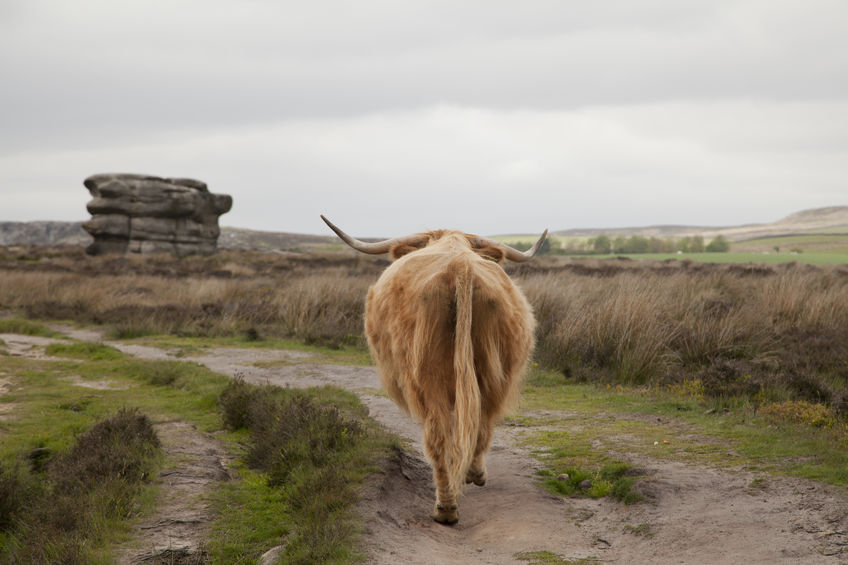
The need for a fairer supply chain, more profitability in the industry, and for farmers' role at the forefront of environmental practices to be recognised has been highlighted.
In his address to NFU Scotland’s Annual General Meeting, President Andrew McCornick told delegates that the uncertainty of Brexit means Scottish farmers will need to move away from a reliance on CAP support.
He said, however, that any new system must drive profitability into the sector if it is to thrive in the coming years.
He said that while Brexit creates many challenges for the industry, it can also act as an opportunity for improving those areas which are currently failing farmers.
Mr McCornick said Scottish farmers are living in an "era of great volatility", regardless of Brexit.
“We need to accept that change is inevitable,” he said. “The farming income figures just out show that despite the current levels of CAP support delivered from the EU, a large proportion of Scottish farmers are receiving less than the minimum wage for the hours that they are putting in.
“Current policy and support will change, but there will still be a need for on-going support for farming and crofting.
“The structure of that support will change, as will the emphasis on how it is delivered, and that is where we need to push for the Government to create an infrastructure that works for Scottish agriculture.”
'Biggest change'
The NFU Scotland President said Brexit is the "biggest change" to the Scottish farming industry in more than 40 years.
He said farmers must ensure that the decision makers are "informed and educated" on their importance to the Scottish and UK economy and jobs.
On the supply chain, he believes it is "broken". “Farmers and crofters need and deserve a fairer share of the consumer spend from the thriving Scottish food and drink sector,” Mr McCornick explained.
“There has been a positive impact on improving the conduct of supermarkets but still more needs to be done to address trading practices.”
'Environmental benefits'
The NFU Scotland President said he believes the Scottish farming industry needs "clear" environmental goals and benefits.
“We can do more, but we need acknowledgement for what we are doing already,” he said.
Scotland is home to 13 per cent of the world’s internationally important blanket bogs, with huge climate change value as a carbon sink.
Mr Cornick added: “The carbon sequestration delivered through grazing our livestock on otherwise un-ploughable land is rarely factored into the climate change debate. We need to see value being attributed to the work of farmers and crofters for maintaining what is a public good.”
